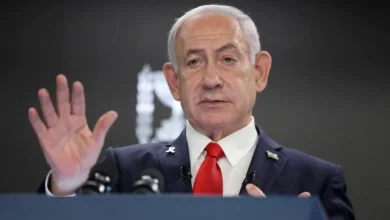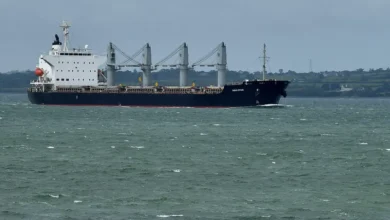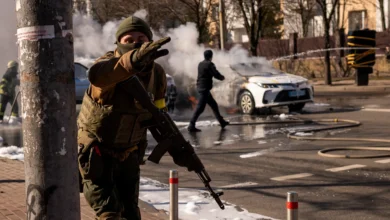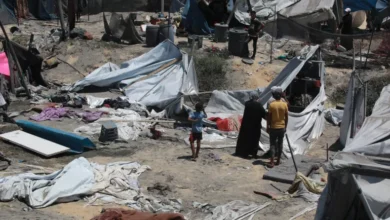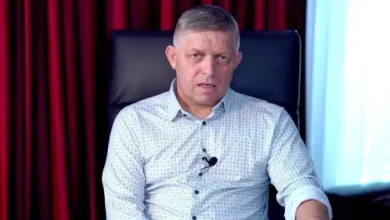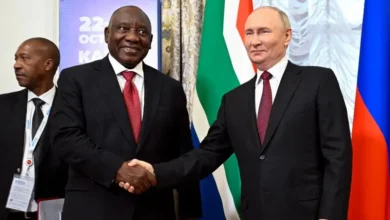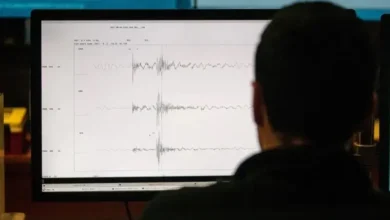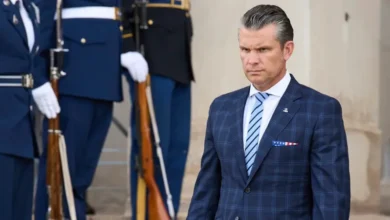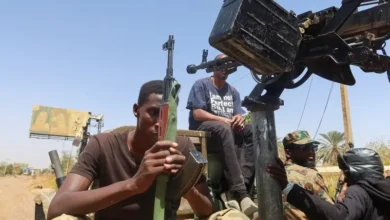Putin’s antiwar rival blocked from contesting Russia presidential election
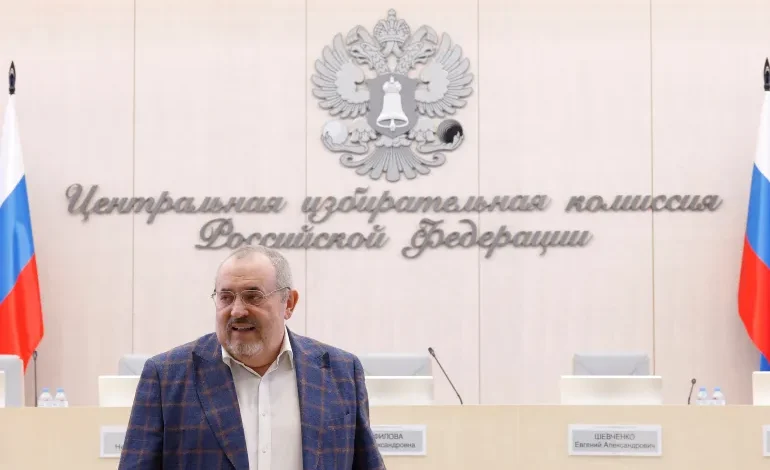
Russia’s presidential hopeful Boris Nadezhdin has said his bid to run in elections in March has been blocked, and that he will challenge the decision of the election commission in the country’s highest court.
Nadezhdin, a prominent critic of the war in Ukraine, is intent on unseating incumbent Vladimir Putin. But his bid was stymied by the Central Election Commission (CEC), which refused to register him as a candidate, he said on Thursday on Telegram, adding that he would launch an appeal in the country’s Supreme Court.
Running on the ticket of the small centre-right Civic Initiative party, Nadezhdin last month submitted the 100,000 signatures required to register as a candidate for the election to be held on March 15-17.
However, the CEC had informed Nadezhdin on Monday that it had found flaws in 15 percent of signatures he had collected in support of his candidacy, and that some of the purported signatures were those of dead people.
Kremlin spokesperson Dmitry Peskov said on Thursday that the decision by election officials was in line with the rules.
“I collected more than 200,000 signatures across Russia. We conducted the collection openly and honestly – the queues at our headquarters and collection points were watched by the whole world,” Nadezhdin said.
“Taking part in the presidential election in 2024 is the most important political decision of my life. I am not giving up on my intentions.”
Nadezhdin, a 60-year-old municipal councillor who is known for his criticism of Putin, had caught the attention of Russia’s small opposition forces with promises to end the war in Ukraine.
Born in Soviet-ruled Uzbekistan to a Jewish mother who was a music teacher and a physicist father – he has spent the last 30 years in Russian politics, working as a councillor in the town of Dolgoprudny outside Moscow.
He says Putin, 71, made a “fatal mistake” by launching the invasion and has pledged to end it via negotiation.
It was already thought that authorities would not welcome a candidate who would introduce antiwar rhetoric in the race.
Putin is almost certain to win re-election to extend his 24-year leadership of Russia, including eight years as prime minister, for at least another six years.
He has not allowed real electoral opposition during his rule, with rivals such as opposition leader Alexey Navalny behind bars.
Putin will be running as an independent, rather than as the candidate of the governing United Russia party, meaning he needs 300,000 signatures to support his candidacy.
He has already collected more than 3.5 million, according to his supporters.
